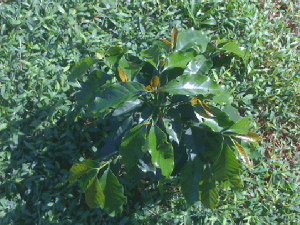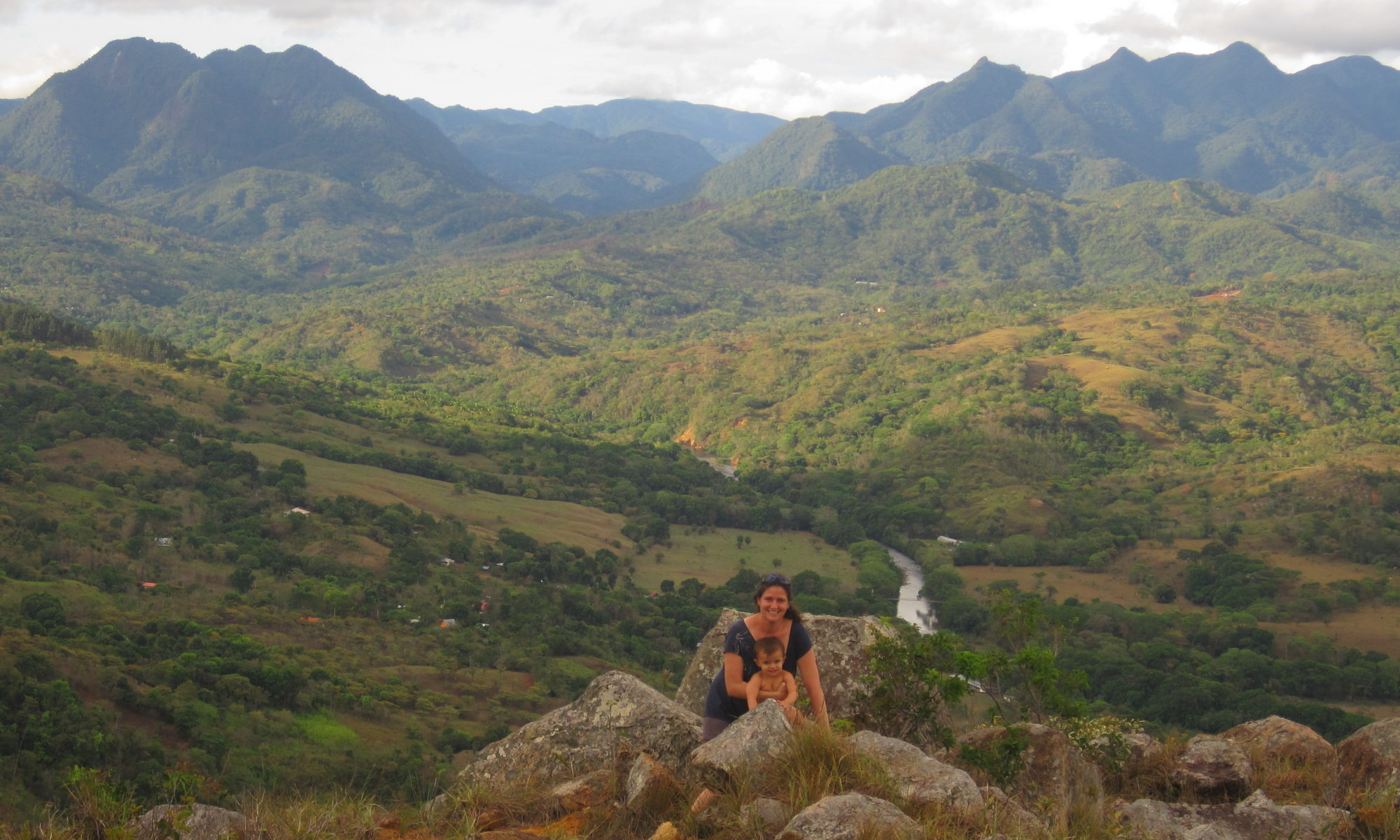
I know I’ve mentioned the morning Cafe Tute cup of coffee.
Here’s the neat thing about Cafe Tute and it’s sister brand Coffee Santa Fe – it’s part of a locally owned and operated cooperative. No big farms here, just rural people with a couple of acres making some extra cash. There is a small coffee factory in town where the coffee is processed, toasted, ground, and packaged.
And it’s good stuff with a story of past poverty, a statue, a priest, a disappearance and expanding business. (Lead for next time!)
What are coffee cooperatives?
With the Santa Fe Coffee Cooperative at least, it’s a business owned by farmers. The cooperative gives locals the coffee plants, fertilizer and training in exchange for them agreeing to grow, take care of, and harvest coffee for a certain amount of time (seven years). Coffee beans, when harvested, are sold back to Santa Fe Cooperative’s Processing Plant. The farmer receives a portion of the profits and so to does the cooperative.
Do you grow coffee?
Our inn was part of a historical coffee producing area, turned to ranching. Calling it a coffee plantation sounds great, but the fact loving girl in me says that would be misleading. Here, traditionally, coffee is not grown in unicrop plantations, but interspersed with other tree crops, like oranges and lemons -that can provide shade.This provides a diversity of plants, increasing resilience both to pests and for farmers against bad crop years. Some say that the coffee in Santa Fe even has a citrus note to it because of this.
When we built the inn in 2012, we replanted coffee plants from the cooperative of a couple different classes. It takes about three years for plants to start producing. They are midgets right now, and we are fighting with the leaf cutter ants who seem to be big fans of coffee plants.
